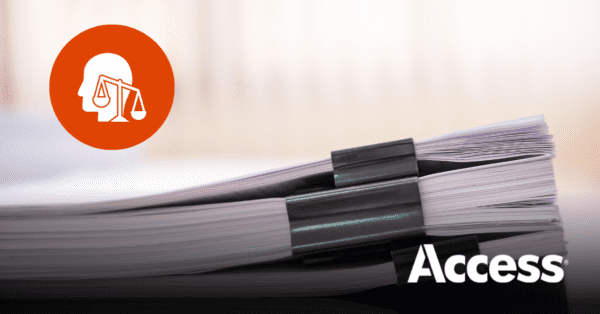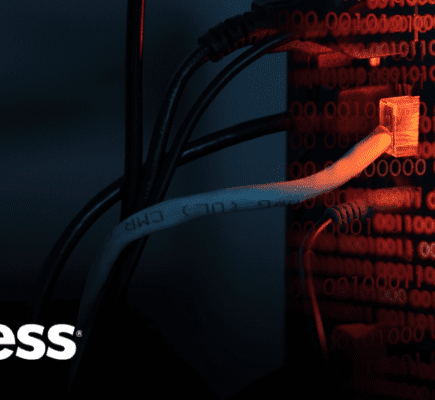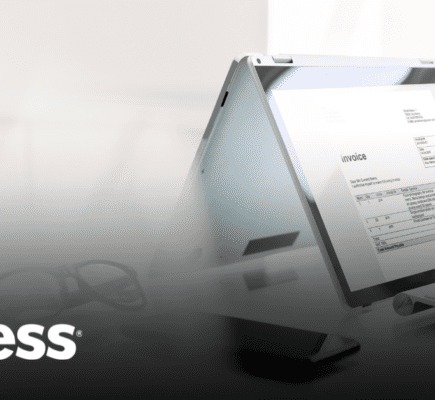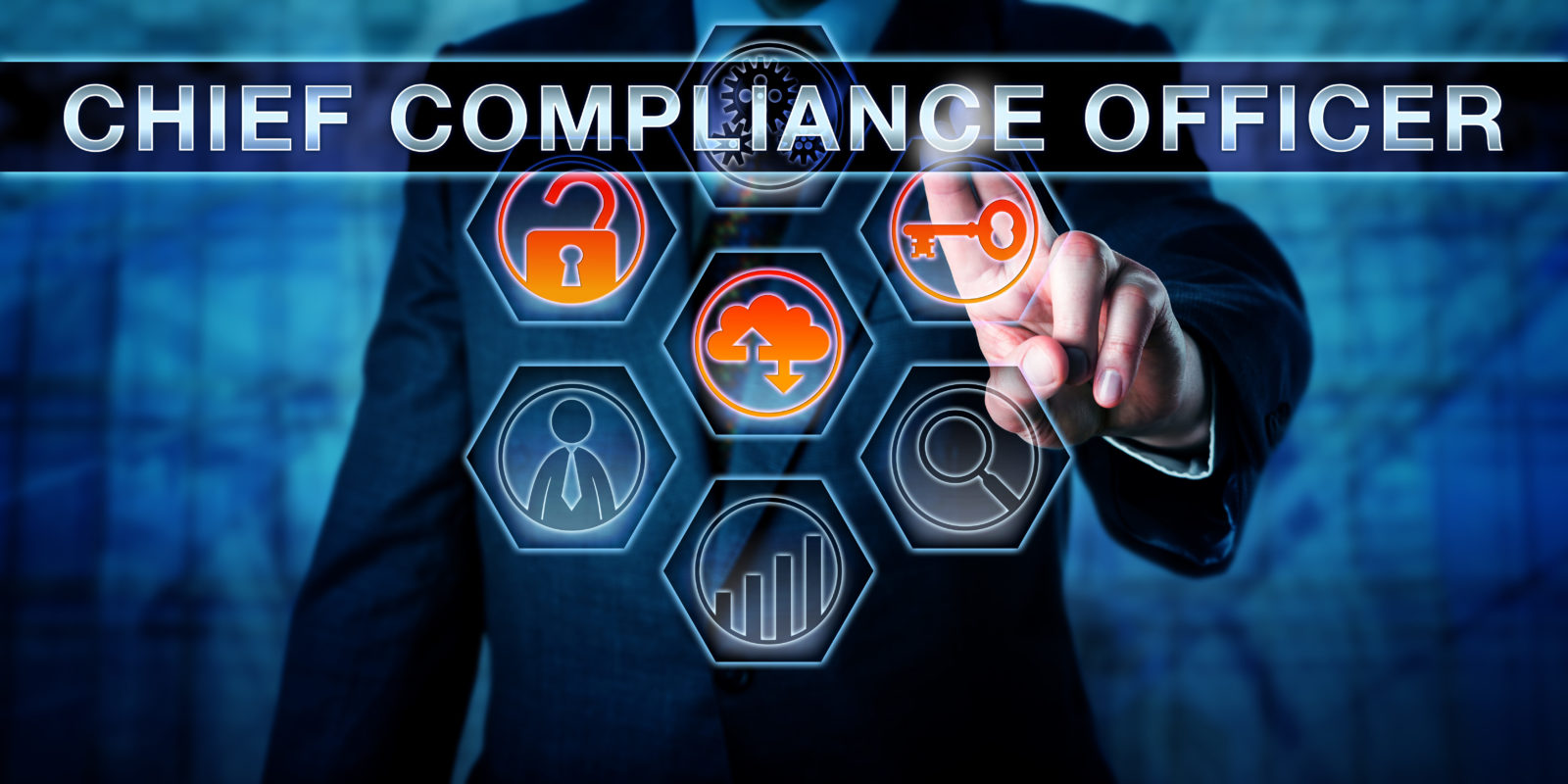
Records managers are responsible for protecting an organization’s most important asset – its data.
That means you’re accountable for the safe and secure handling of all records, documents, digital information assets, and other sensitive materials which could affect the profitability or reputation of your organization.
It’s necessary for RIM professionals to have a detailed understanding of the ethical considerations that underpin this vital job role.
Weaving the following ethical considerations into your information management program will ensure your organization remains compliant with industry regulations and properly protects sensitive information.
Respect the Privacy of Customers
Privacy legislation has been on the rise for years now. What’s very new though is increased enforcement. Consumers, regulators, and watchdogs alike have made it clear that privacy is paramount.
Ensuring that customer data is kept secure and confidential is among the top ethical precepts that should be a part of your information management program.
As businesses collect more and more data from their customers, it’s imperative that they take responsibility for keeping that data secure and confidential. A breach of privacy can have serious consequences for both the customer and the company.
For customers, it can lead to identity theft, financial loss, or a violation of their personal rights. And for businesses, it can result in lost trust, legal action, and damage to their reputation.
Educate Yourself on the Latest Technology for Managing Records Effectively and Efficiently
Records management is constantly evolving. New technologies, such as generative AI, blockchain, cloud-based storage, RPA, and more, have advanced the industry and added complexity.
While some might wish to take an “if it ain’t broke, don’t fix it approach”, it’s important to be proactive about your records management practices.
Everyone that interacts with your organization, from employees and vendors to customers, relies on records managers to establish systems to protect and share information securely until its disposition.
By staying informed about the latest advancements, you ensure that you’re doing this in the best, most efficient way possible, which in turn fosters trust and credibility.
Practice Active Stewardship by Monitoring the Quality of Your Work and Maintaining Accurate Records
As professionals, we all want to succeed and make a positive impact in our workplace. One way of doing this is through active stewardship. Active stewardship can be practiced by diligently monitoring issues in your RIM program while effectively managing records throughout their lifecycle.
Practicing active stewardship not only demonstrates a commitment to excellence, but it also ensures that you’re accountable for your actions. Setting a good example for other functions within your organization can encourage them to uphold the same standards, leading to a more productive and successful team.
As an added bonus, active stewardship can help minimize errors, reduce risks, and save time and resources for the organization.
According to the 1-10-100 rule, fixing issues and errors in information early on is far cheaper than dealing with it later. Active stewardship involves taking steps to spot these issues early on, eventually helping your organization operate more efficiently and effectively.

Beyond Storage – A Comprehensive Information Management Checklist
Organizations of all kinds and sizes are finding themselves faced with an array of information management challenges. Some of these challenges, like the transformation of information technologies and the growth of data sets, have remained relatively unchanged for years.
Know your Responsibilities and Abide by Professional Standards, Codes of Ethics, and Laws
As with any profession, being knowledgeable in your chosen field is just as important as recognizing the responsibilities that come along with your role.
Embracing your responsibilities as a professional demonstrates your commitment to excellence and sets you apart from those who cut corners. So, take the time to educate yourself and adhere to the professional standards, codes of ethics, and laws relevant to your field.
Professional organizations within the field of information management, such as the Association of Records Managers and Administrators (ARMA) or the International Association of Privacy Professionals (IAPP), both have ethics guidelines you can refer to and should consider implementing in your organization.
Closing Thoughts
RIM professionals play a vital role in safeguarding sensitive information and ensuring its proper management.
By implementing these ethical considerations into your information management program, you can uphold the integrity of your profession and contribute significantly to the success of your organization.
To learn about the positive impact young RIM professionals are making in their communities, join us for our upcoming webinar, Doing Good by Doing RIM: Partnering Records and Information Management (RIM) Graduate Students with Community Organizations. During the webinar, you’ll learn about the good work they’ve done, and hear how you can help the next generation of records managers get started in the industry.




